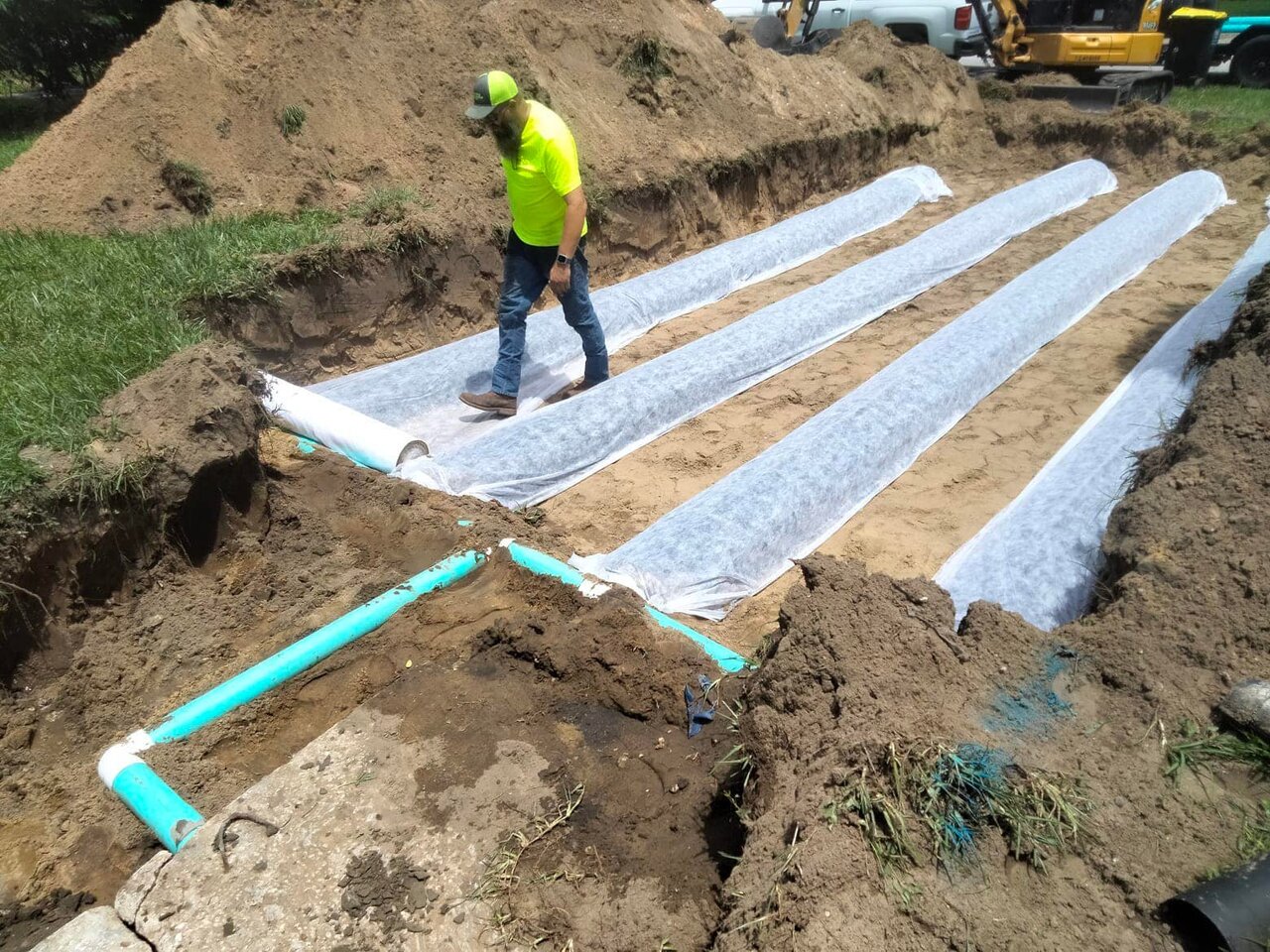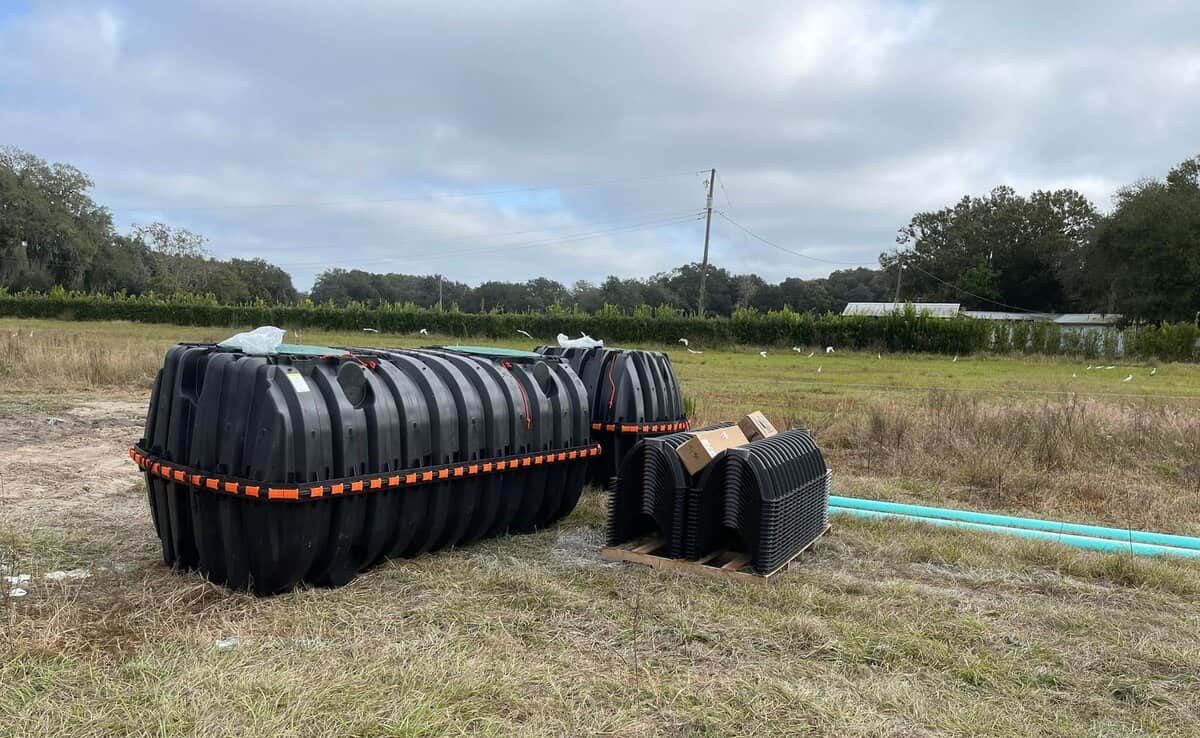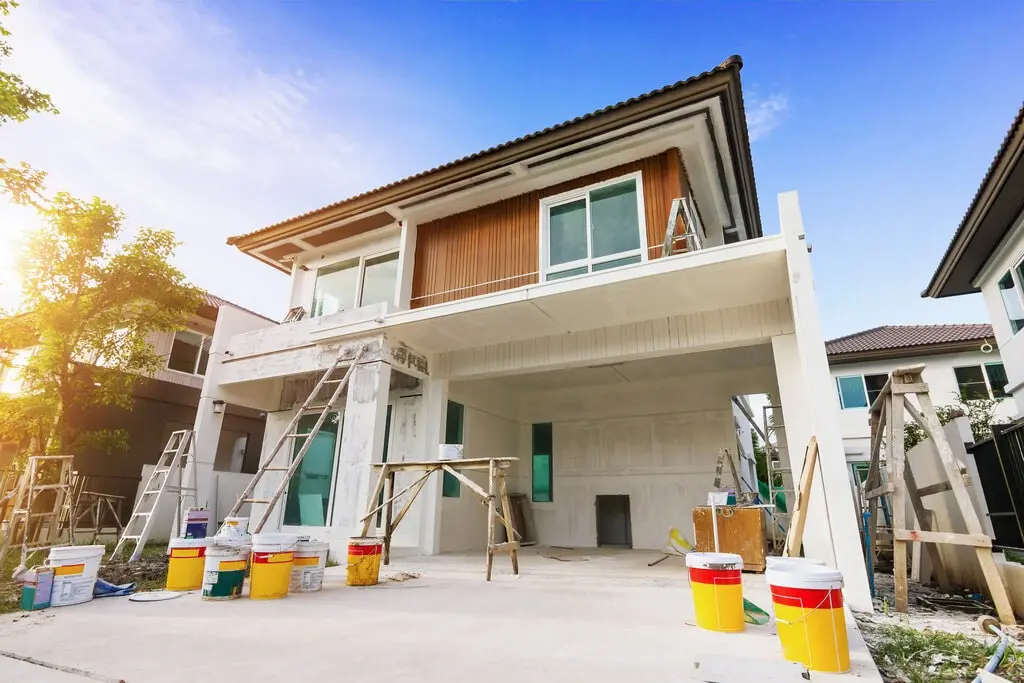A lift station (sometimes called a sewer pump station or a private pump station) is an integral part of some septic systems. This is typical when variations in ground elevation or other issues make proper drainage from gravity alone difficult. In Florida, lift stations are fairly common and may be necessary because of the relative flatness of the ground in some areas.
A system with a septic lift pump typically operates like this: Wastewater from the home or business enters a well, often referred to as a wet well. An electric pump “lifts” the wastewater out of the well and pumps it to the next station. In short, a lift station’s job is to ensure that the wastewater flows correctly.
Lift stations can be made of epoxy-coated steel, concrete, or fiberglass. Lift stations usually include the following components:
- Wet well
- Submersible pumps
- Float controls
- Piping
- Valve vault
- Communications device
- Backup generator
- Alarm system
- Odor control and ventilation system
What Happens if a Lift Station Develops Problems?
Over time, lift stations, like other parts of the system, can become clogged from accumulated waste. If the issue becomes serious, the septic tank can overflow, leading to unsanitary (and foul-smelling) puddles. If the septic lift pump gets too clogged, it could permanently fail. This leads to wastewater backing up into the wet well and the collection system – and ultimately into your home or business.
Because of their pivotal role in keeping the whole system functioning properly, lift stations require regular maintenance. For most homeowners, it is recommended to have a complete lift station service done at least every 2 – 3 years. Commercial sewer lift stations likely require more frequent service – at least once a year, if not more frequently.
Given the importance of your sewage lift system, regular lift station service is a small price to pay for the peace of mind of knowing that your system is functioning properly. Additionally, from an economic standpoint the cost of regular maintenance is usually far less than the cost of repairs.
Lift Station Maintenance Checklist
Lift station maintenance is important for the residence or business, surrounding properties, and the larger environment. As a result, the Florida Department of Environmental Protection has even offered a class called Introduction to Lift Station Maintenance. Various counties and municipalities around the state of Florida have their own regulations and requirements.

Costs associated with repairing an existing lift station system can be substantial, but with proper maintenance you can avoid costly fixes and keep your system running smoothly. This checklist highlights what might be done during lift station maintenance:
- Visual Checks – A trained septic expert can look over the system, checking for obstructions and build up in pumps.
- Wet Wells – Wet wells hold the incoming sewage. They should be pumped out and cleaned to prevent buildup that can damage the sewage lift pump.
- Impeller – The impeller pushes wastewater through the system. To function effectively, it should be free of debris or other materials that could result in clogging.
- Valves – Check valves should be inspected and greased to ensure that they remain in working order.
- Alarm System – The alarm system helps to ensure that a safe level is maintained within the wet well. It should be checked to ensure that it is functioning properly.
- Electrical components – Electricity is needed to run the septic lift pump, so connections and parts should be inspected.
- Collection System Pipes – All pipes should be jetted and cleaned to ensure proper flow.
Of special note to Floridians who can be faced with extended power outages during severe weather events – lift station pumps require electricity, so when power is out the pumps will not be operational unless there is a backup source. Generators can be vital to keeping a lift station operational.
Lift Station Maintenance in Lakeland and Central Florida
At Septic & Drainfield Depot, we offer free inspections and estimates of lift stations in Lakeland and the broader Central Florida area. Our experienced septic experts know exactly what to look for and what services you might need.
We are dedicated to transparent pricing, and our honest professionals will always work to find the most effective and efficient solution that will fit within your budget. We understand that a septic system is not something that anyone wants to deal with, but we stand prepared to help you with anything you need.
Septic Pumping and Septic Cleaning

As Lakeland’s best septic company, Septic & Drainfield Depot can provide not just lift station service, but any other service or maintenance that your septic system requires.
Just like any other system or appliance in your home, your septic system requires maintenance. Because most of us do not want to think about our septic system, it may be tempting to ignore regular maintenance. However, remember that the system handles human waste, so it is vital that it always be working properly. Otherwise, wastewater can contaminate your groundwater, leading to health issues for your family, pets, and others around you.
Pumping your septic tank should be done regularly because it will prevent problems and add years to the life of your septic system. Most residential septic tanks should be cleaned every 2-3 years, though that depends on how many people live in the home, the amount of wastewater produced, and the size of your tank.
Here are a few tips to extend the time between septic tank cleanings:
- Don’t waste water.
- Use eco-conscious toilets, faucets, and showerheads.
- Repair leaks, both in the household and in the septic system, promptly.
- Minimize detergent; spread out laundry days so the system is not overwhelmed with detergent all at once.
- Be careful about what goes into your septic system – paper products only!
These tips can help your septic system continue to operate properly, but keep in mind that they are not a substitute for regular maintenance from a professional septic and drainfield contractor.
If you are ready for septic system maintenance, cleaning, or need an inspection, the trained septic experts at Septic & Drainfield Depot are ready to help! Contact us today to schedule an appointment.







